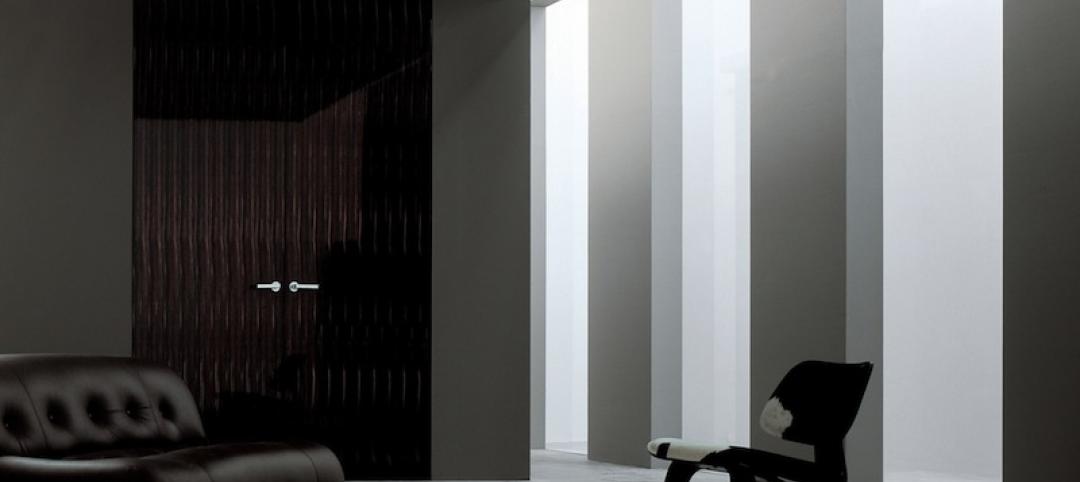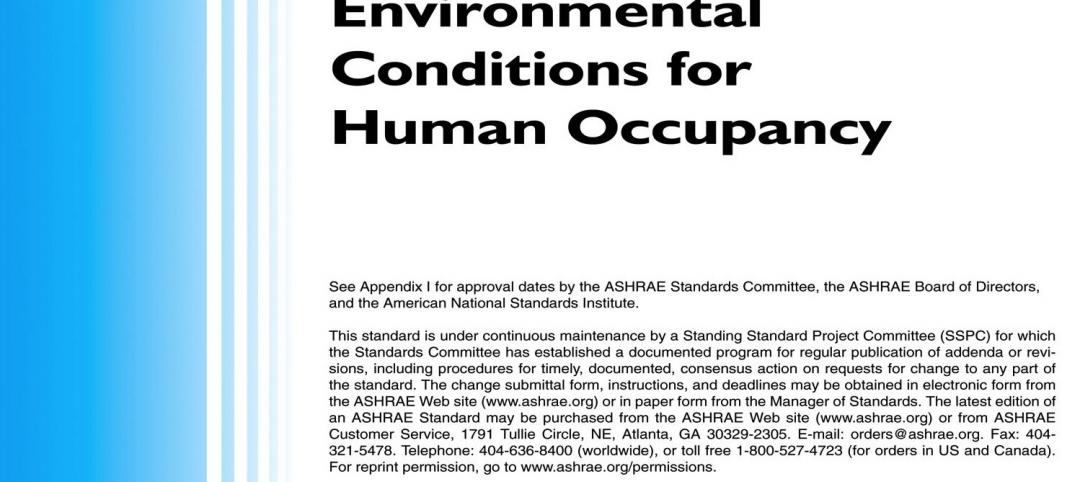The most effective way to reduce deaths and property destruction from California wildfires would be to stop building in fire-prone areas, and make structures that already exist in those areas more resilient.
It's a simple and sound strategy, but it would also be expensive and wildly unpopular. People want to live in the state's stunning wooded landscapes and making homes, businesses, and neighborhoods more fire-resistant could be hugely expensive.
Experts say as climate change causes more frequent and destructive blazes, anything less won’t make enough of a difference to prevent the devastating fires that have swept through the state in the past few weeks, though. California uses the most up-to-date version of model national codes, and doesn’t allow local governments to opt out of those codes.
New homes in places with the highest risk of wildfire get built with fire-resistant materials and construction techniques, but many older structures were not built to those standards. Furthermore, California’s aggressive wildfire codes don’t apply in neighborhoods that may appear safer on paper, but are increasingly affected as fires grow to the sizes that caused so much destruction recently.
Related Stories
| Dec 26, 2013
OSHA may require companywide reporting of injuries and illnesses
The Occupational Safety and Health Administration is considering a change in policy that would require organizations to submit company-wide data on illnesses and injuries.
| Dec 26, 2013
USGBC recognizes Ohio for achieving 100th LEED-certified public school
The U.S. Green Building Council (USGBC) has recognized the state of Ohio and the Ohio School Facilities Commission (OSFC) on the LEED certification of the 100th public school building in the state.
| Dec 26, 2013
WDMA launches project to create ISO-compliant architectural doors
WDMA's National Architectural Door Council has initiated a project to create ISO-compliant Product Category Rules for architectural wood flush and stile and rail doors
| Dec 19, 2013
Defense Department okays Green Globes standard for DoD facilities
The Green Globes certification program from the Green Building Initiative can be used for the renovation and construction of Department of Defense facilities following agency endorsement.
| Dec 19, 2013
New York City proposal may boost standards for crane maintenance
New York City may boost maintenance standards for cranes operating in the city, including the addition of load cycle counters to record data regarding every lift that a crane performs.
| Dec 19, 2013
Lawmakers say EPA’s Energy Star standards lack transparency
A bipartisan group of lawmakers is raising concerns that the Environmental Protection Agency has not been transparent in drafting energy-efficiency standards under the Energy Star program.
| Dec 18, 2013
ASHRAE publishes 2013 thermal comfort standard
Major revisions for design and measurement of comfortable spaces are included in a newly published ASHRAE 2013 thermal comfort standard.
| Dec 11, 2013
Texas to require architects to be fingerprinted to get licensed
Starting January 1, 2014, architects who apply for an occupational license in Texas will have to share their fingerprints with the state.
| Dec 11, 2013
Province of Ontario is reviewing bill to require timely payments to contractors
Legislation is under review in the Province of Ontario that would mandate timely payments to contractors.
| Dec 11, 2013
Federal design-build proposal could make it easier for small businesses to land government contracts
The Design-Build Efficiency and Jobs Act, a bill pending in the U.S. House of Representatives, would streamline the bid and proposal process by requiring government agencies to use a two-step process when seeking design-build contracts for projects worth more than $750,000.














